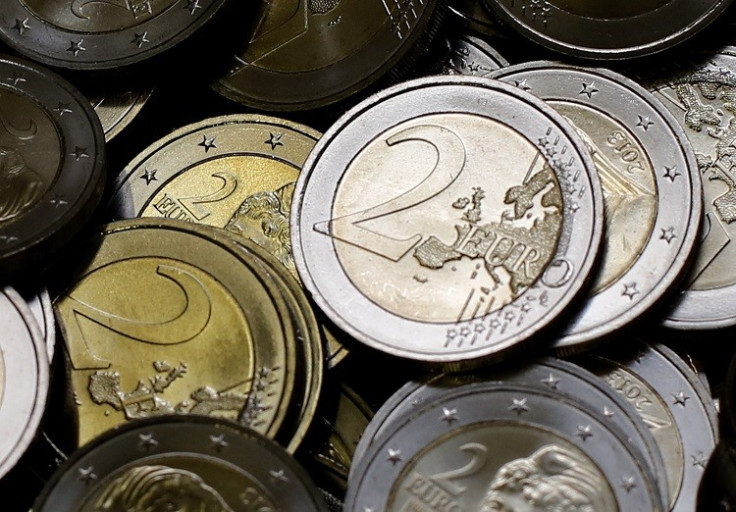Eurozone Recovery Gathers Pace as Recession Exit Confirmed

Hopes that the eurozone is finally recovering from a painful period of long stagnation gained traction as private industry data shows output in the currency bloc gathering pace in August, while its exit from recession in the second quarter is confirmed by official figures.
Markit's Eurozone Composite Output Index, compiled from surveys of purchasing managers, signalled a second successive monthly of expansion in business activity in August.
The index rose to 51.5 in the month, up from 50.5 in July, signalling the fastest rate of growth in over two years, which will please policymakers at key EU institutions.
The final reading PMI reading was slightly below the flash estimate of 51.7 but production volumes expanded to the greatest degree since May 2011. New order inflows were the main element underpinning the fastest expansion in manufacturing output in August.
Of the big four eurozone economies, Germany recorded the strongest performance during August, unsurprising as Germany remains the economic superpower in Europe.
Output growth in Germany hit a seven month high, reflecting faster expansion at both manufacturers and service providers.
However, France continued its stagnation and fall behind Germany as it registered the fastest drop in overall output in July.
Services Stronger in August
The Services Business Activity Index rose from 49.8 in July to 50.7 in August.
Ireland recorded the steepest rise of expansion in business activity of all nations with growth hitting a six-and-a-half-year high, while Germany saw output rise for the third month running.
Business activity returned to growth in Spain and moved closer to stabilising in France and Italy, which may bring some consolation to the EU's two most important nations after Germany.
Nonetheless, average cost inflation accelerated to a six month high in August, reflecting higher prices for energy and potentially upsetting the inflation hawk monetary officials at the Bundesbank.
"The Eurozone recovery is looking increasingly broad-based, with more sectors and more countries emerging from recession," said Chris Williamson, chief economist at Markit.
"Spain and Italy have also joined Germany in returning to growth, and France is seeing a far weaker rate of decline than earlier in the year."
Eurozone Recession Exit Confirmed
Eurozone GDP rose by 0.3% in the second quarter, according to a second estimate by Eurostat, the statistical office of the European Union, confirming the flash reading which said the single currency region had exited the longest recession in its history.
Household final consumption expenditure rose by 0.2% in euro area, suggesting spenders are more confident about spending their money rather than hoarding it in case of a new crisis.
Portugal recorded the highest growth at 1.1% compared with the previous quarter while Cyprus, Slovenia, Italy and the Netherlands registered the largest decreases.
However, with German national elections fast approaching and the European banking union far from being realised, a comprehensive resolution of the sovereign debt crisis remains a distant prospect.
© Copyright IBTimes 2025. All rights reserved.






















